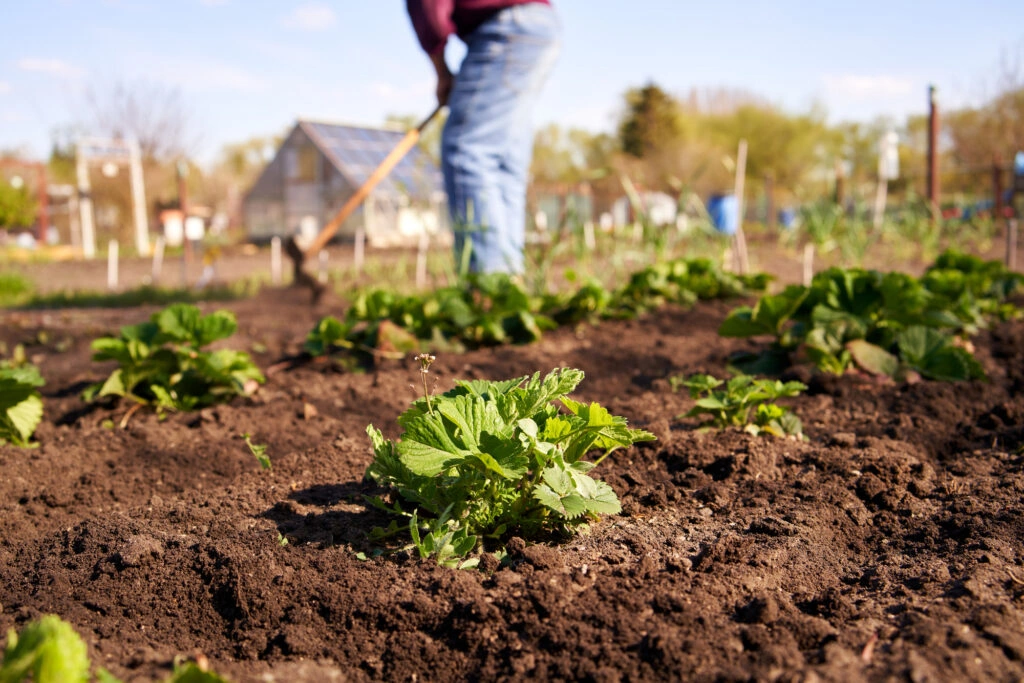Dear Homesteading Critic
Look, I need to address something that’s been bothering me lately, and honestly, I’m a little confused about why this even needs to be said. Modern homesteading, despite its growing popularity, faces modern homesteading criticism that warrants discussion.
I’ve been getting some truly bizarre pushback about our homestead lifestyle recently, and I can’t wrap my head around why anyone would have a problem with people growing their own tomatoes and making their own cheese. Like, what exactly is threatening about that? But there’s this weird subset of people who seem personally offended by the entire concept of modern homesteading. Their modern homesteading criticism is weak, almost embarrassing.
So let’s break down the most common complaints I’ve been hearing, because apparently some people have nothing better to do than gate keep vegetables and livestock like a ninja in hood.
Objection #1: “It’s just a fad.”
Okay, maybe it is. So what?
Yes, Pinterest is absolutely drowning in mason jar content and rustic chicken coop photos. Yes, there are approximately 47 new books about backyard homesteading published every week. And sure, some people probably are building chicken coops because they saw it on Instagram and thought it looked aesthetic.
Will some people give up when they realize that chickens require daily care and gardens don’t maintain themselves? Absolutely.
Objection #2: “Homesteading is a dumb name- you aren’t a ‘real’ homesteader…”

This one is pure semantic gatekeeping, and it’s honestly the weakest argument of all.
Yes, the Homestead Act of 1862 is no longer in effect. Congratulations on passing fifth-grade social studies. But language evolves, and words can have multiple definitions. The Merriam-Webster dictionary defines homestead as “a house, especially a farmhouse, and outbuildings,” which describes our setup perfectly.
What exactly am I supposed to call what we do here? We’re not a commercial farm—we don’t make our primary income from agriculture. “Hobby farm” sounds dismissive. “Mini-farm” is vague. “Lifestyle property” sounds like something from a real estate listing.
I stick with “homestead” because it captures what we’re actually doing: maintaining a self-sufficient household that produces food, raises animals, and operates with some degree of independence from industrial systems. If that bothers you, I suggest finding a more productive use of your time than policing terminology.
The gatekeeping around this term is particularly weird because it’s not like there’s a limited supply of homesteads available. Someone else calling their land a homestead doesn’t diminish what I’m doing here. This isn’t a zero-sum game.
Objection #3: “I’ve been doing this stuff forever… I don’t know why you people are suddenly so excited about it.”
This is the most frustrating criticism because it completely misses the point while also revealing a pretty ugly attitude.
First of all, no one is claiming to have invented canning or animal husbandry. We’re not out here pretending we discovered agriculture. If you grew up learning these skills from your parents or grandparents, that’s genuinely awesome, and I’m actually envious of that foundation.
But here’s what you’re missing: not everyone had that upbringing. Some of us grew up in suburbs or cities with parents who knew how to program the microwave but couldn’t identify a tomato plant if their life depended on it.
I grew up on a small suburban lot where the most agricultural thing we did was mow the lawn. I spent my childhood fantasizing about having chickens and goats while my friends were playing video games. When I finally had the opportunity to pursue this lifestyle as an adult, you’re damn right I got excited about it.
The “why are you so excited” question reveals a fundamental misunderstanding of what drives people to homesteading. For those of us who had to seek out this knowledge and build these skills from scratch, every small success feels like a victory. Learning to make cheese or successfully raising a batch of chickens to adulthood is thrilling when you’re starting from zero, despite any modern homesteading criticism.
Your boredom with skills you’ve taken for granted your entire life doesn’t invalidate our enthusiasm. If anything, maybe you could channel some of that experience into mentoring newcomers instead of complaining about their excitement.
So there you have it, my dear critic.
Yes, we probably look a little absurd sometimes—people with access to every modern convenience choosing to do things the “hard way.” I get that the optics are weird when someone drives their Tesla to collect eggs from their backyard chickens.
But if you’ve never experienced the satisfaction of eating a meal made entirely from ingredients you produced yourself, or watched a calf take its first steps in your barn, or worked in your garden at sunset while listening to crickets, then you probably won’t understand why we’re willing to make our lives more complicated.
This lifestyle isn’t for everyone, and that’s fine. But the criticism feels misplaced when there are so many actual problems in the world to worry about. People growing their own food and developing self-sufficiency skills seems like a pretty positive development, especially given how fragile our current systems have proven to be amidst modern homesteading criticism.
So maybe instead of nit-picking terminology or rolling your eyes at other people’s enthusiasm, you could just let people live their lives and pursue the things that bring them satisfaction. Revolutionary concept, I know.
Now if you’ll excuse me, I have some very excited chickens to feed, and apparently that makes me part of a fad. I’ll somehow find a way to cope with that devastating criticism of modern homesteading.

Leave a Reply